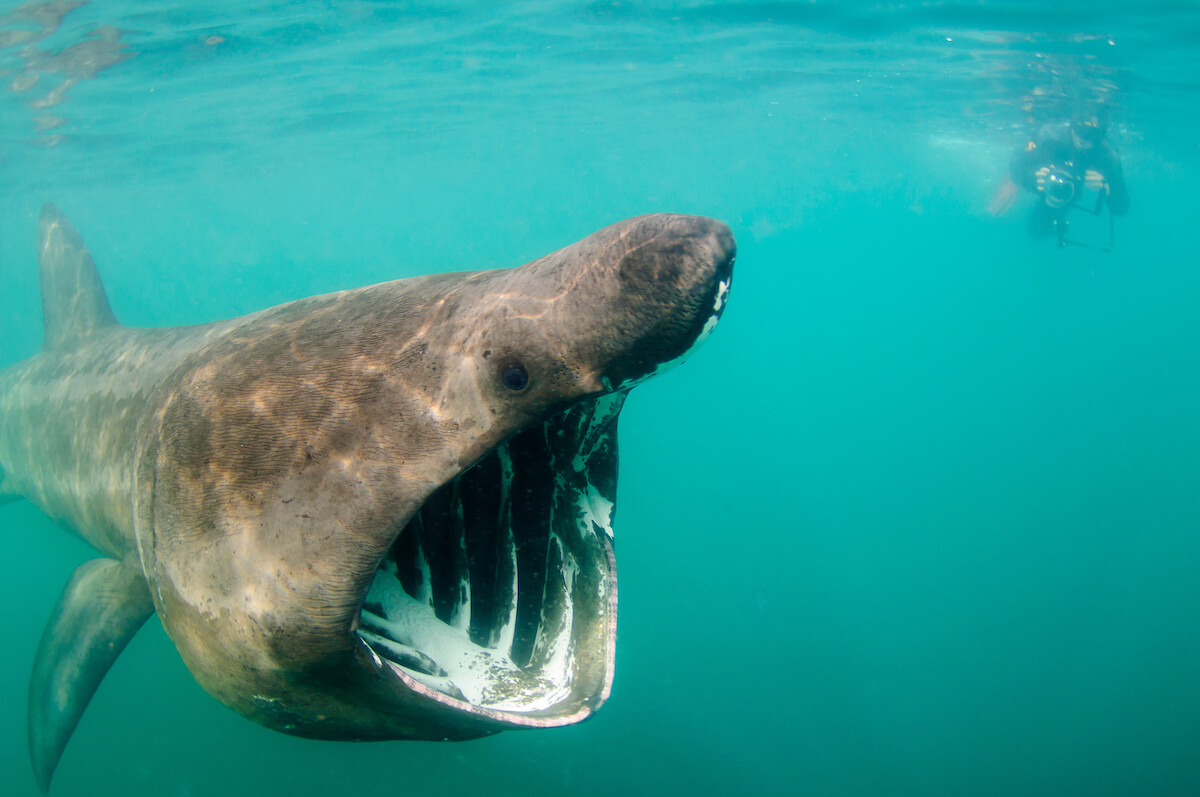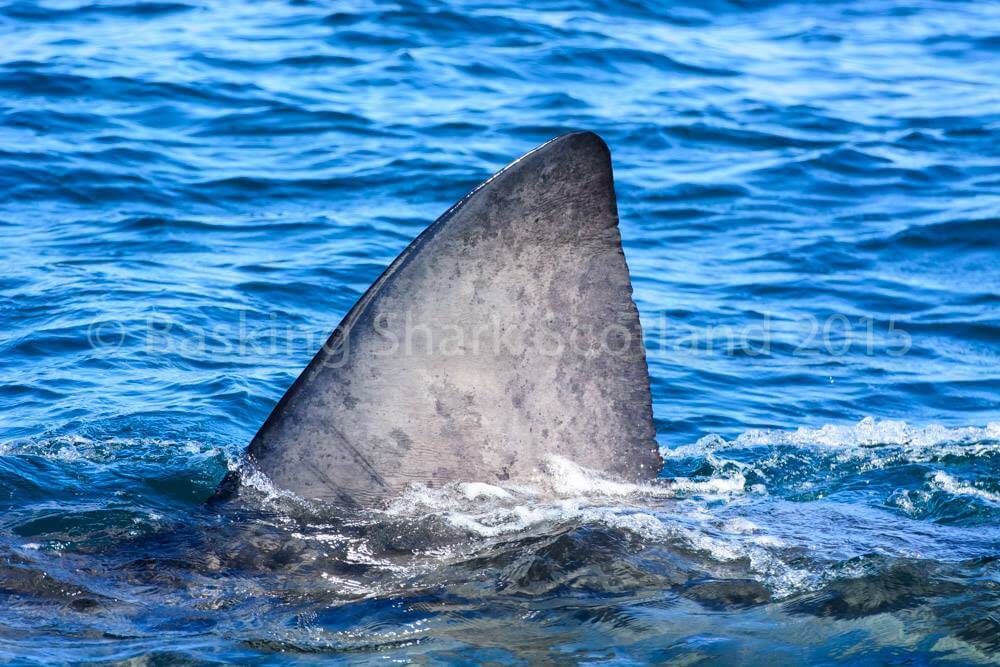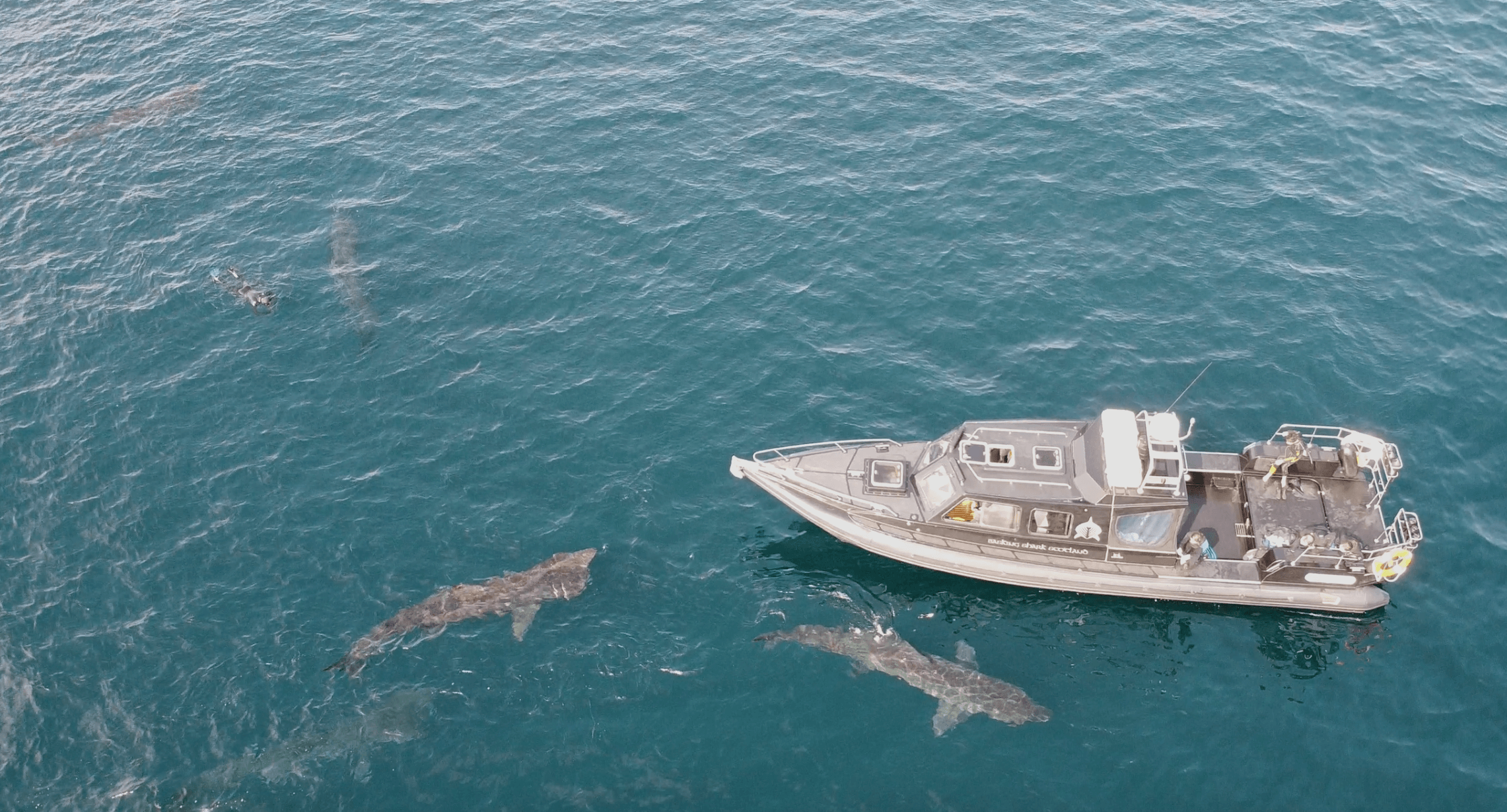
Are Basking Sharks Endangered?
Jan 23 2023

Are basking sharks endangered?
Basking sharks are listed as endangered species on the IUCN red list. There is still no definitive population number for this species due to the difficulties of studying such a wide ranging deep sea shark, but we do know that basking shark populations have dramatically decreased.
Why are basking sharks endangered?
Basking sharks were heavily hunted by targeted fisheries for their meat, fins, cartilage, liver oil and skin and while there are no longer commercial fisheries for basking sharks, their remaining population is still recovering from this. Hunting for basking sharks began at a similar time to early whaling, being slow moving and spending a lot of time at the surface, basking sharks became easy targets for harpooning and netting. Their most sought after asset was their huge livers. As is typical of deep sea sharks, basking sharks have huge livers which can be up to a third of their body size. This liver is rich in a substance called squalene, which was historically used to burn in lamps, but now has more advanced uses in the aviation, medicine and cosmetic industries. Whilst fisheries here closed in the 1990s it is estimated that over 100,000 individuals were removed from the population during the peak of commercial hunting for this species.
Basking sharks are also targeted for their fins, the shark fin trade has been a huge driving factor for the crash of many shark populations. Basking sharks have huge dorsal fins which make them incredibly valuable in the fin trade, with a single large fin reaching prices of up to $57,000 USD. Whilst basking sharks are protected here in the UK, they undertake huge migrations outside our waters which make them vulnerable to unregulated fishing activity.
One of the biggest threats to basking sharks is increasing anthropogenic activity on the water, with an increasing number of boats and large ships and marine debris. As basking sharks often feed on the surface they are at risk of collision with vessels and entanglement with ghost fishing gear and pots. This often goes unreported and it is difficult to quantify the damage of this to an already decreasing population.
Are basking sharks protected?
With a lot of threats to contend with you will be happy to hear that basking sharks have been afforded a number of protective measurements.
Basking sharks are protected in the UK and in 2022 this was also granted to basking sharks in Ireland, another highly important area for basking shark conservation. This means it is illegal to ‘intentionally kill, injure or harrass basking sharks’ in British and Irish waters. They are also protected under the Common Fisheries Policy, which makes catching and landing of this species illegal within the EU for any boat in EU waters.
In 2002 basking sharks were added to Appendix II of the CITES agreement, this means that international trade of this species and its parts are regulated, to ensure trade does not further threaten the survival of this species.
And one of the most exciting success stories for us – The Sea of the Hebrides was identified as an important habitat for basking sharks and was declared a marine protected area for this species in 2020, making it the first MPA in the world for this species.
What can you do to help basking sharks?
Now, all these measurements sound great on paper, but basking sharks are still endangered and they still need our help!
If you see a basking shark you can help contribute to science by reporting your sighting. Sightings reports help us understand the population dynamics of this species, and can contribute towards decisions based on managing this species. Make sure to follow the Shark Trust Code of Conduct during your sighting for the best way to watch these animals responsibly.
Basking sharks are still a relatively unknown species, their annual appearance on our coastline can still cause some unnecessary hysteria each year from the British media. Help us raise the profile of this harmless endangered animal by sharing information about basking sharks and taking part in events like World Basking Shark Day!
Be a responsible consumer to help all sharks, check the labels of your sea food and cosmetics, look out for products containing squalene as this is often still derived from sharks and only purchase seafood that has proven credentials for responsible practices such as the MCS blue tick.



